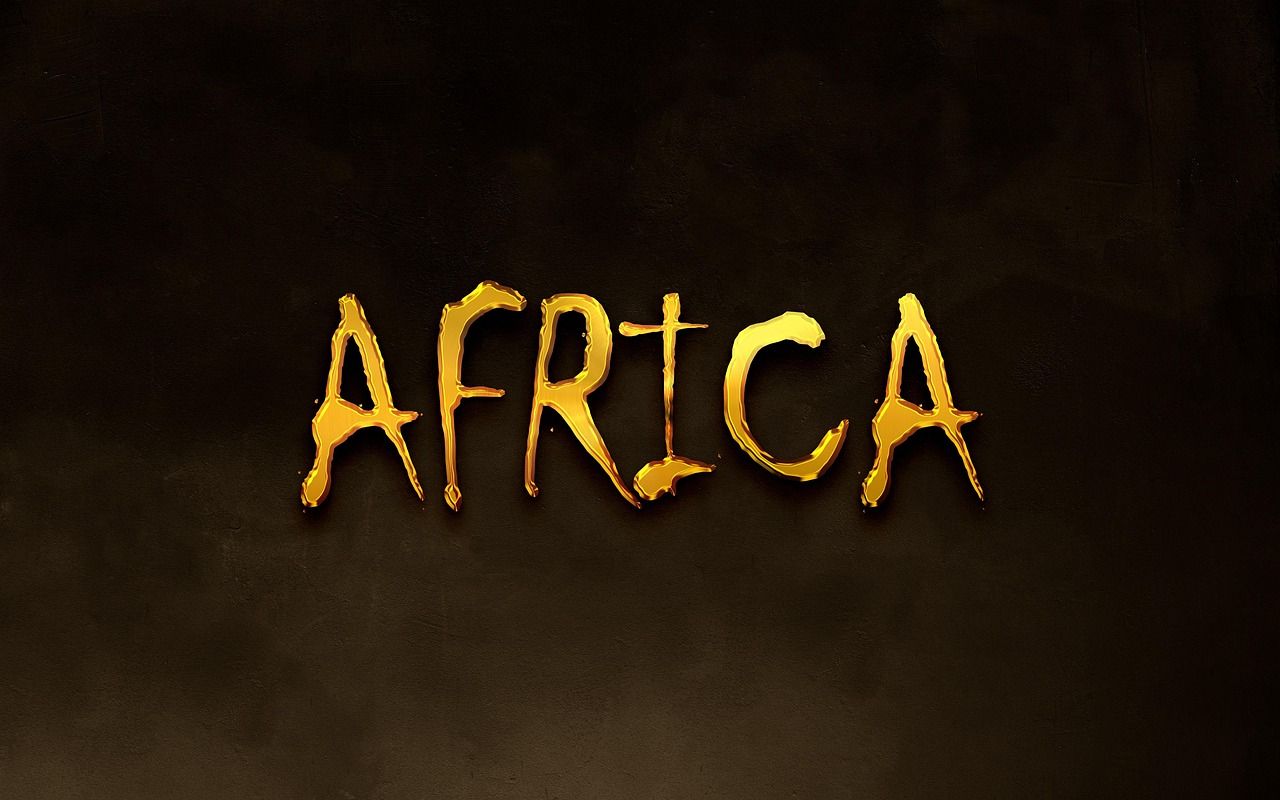The Death of Minority Languages
Every time a language disappears, humanity loses a thread in its rich tapestry.
25-07-2025Preserving the mother tongue ensures the maintenance of cultural diversity and linguistic heritage, connecting children to their roots.
Language is more than a tool for communication; it is a bridge to cultural identity, family bonds, and intellectual development. Preserving a child's mother tongue is vital for their growth and well-being.
A person's mother tongue, or first language, is the language they learn from birth, which helps shape their thoughts and feelings. The importance of preserving the mother tongue in children cannot be overstated. As parents, caregivers, and teachers, we are responsible for ensuring that the next generation values and cherishes their linguistic heritage.
We live in a world where the mother tongue is no longer appreciated—so many people now want to sound like others. Where one’s mother tongue should be a source of pride, many people take pride in their inability to speak their mother tongue.
Is it something to be ashamed of? Abnormality creeps in when a lion desires to sound like a cow, a cat like a dog, and a fowl like a pig.
In this article, we will explore the significance of mother tongue preservation in children and provide practical tips for promoting linguistic diversity.
Cognitive Development: Research shows that children taught in their mother tongue demonstrate a greater understanding of concepts and develop critical thinking skills more effectively. Skills and concepts gained in the home language transfer when learning a second language, making it easier to infer meaning and understand context.
Cultural Identity: A child's mother tongue is integral to their identity and culture. Preserving the mother tongue ensures the maintenance of cultural diversity and linguistic heritage, connecting children to their roots.
Emotional and Psychological Well-being: Heritage language preservation is linked to psychological welfare, boosting self-esteem and aiding social-emotional development. Using their home languages in school reduces culture shock, fostering a sense of belonging. Bilingual children often develop better stress management skills by accessing resources from both cultural systems, reducing stress and anxiety.
Improved Academic Performance: Children whose primary language is used in school are more likely to succeed academically. UNESCO promotes mother tongue instruction, noting that it increases enrollment and success in school. Also, parents are more likely to engage with teachers and participate in their children's education when instruction is in their mother tongue.
Facilitates Second Language Acquisition: Proficiency in one's mother tongue lays a strong foundation for learning additional languages. A solid understanding of their first language helps children identify similarities and differences between languages, making second language acquisition quicker and more accurate.
Despite the importance of the mother tongue, many children are at risk of losing their linguistic heritage. Factors contributing to language loss include:
Preserving the mother tongue in children is crucial for their cognitive, emotional, and social development.
By speaking the mother tongue at home, creating a language-rich environment, and supporting mother tongue education, we can help ensure that the next generation values and cherishes their linguistic heritage.
Let us work together to promote linguistic diversity and celebrate the beauty of mother tongues.
Spread the Knowledge! 🚀
Found this article useful? Click the Share button below and let others benefit too!

Every time a language disappears, humanity loses a thread in its rich tapestry.
25-07-2025
Reviving indigenous African languages in education is about empowering future generations with a strong sense of identity, cognitive advantage, and cultural pride.
04-07-2025
With over 7,000 languages spoken worldwide, each language carries unique ways of seeing and describing the world, making it a powerful identity marker.
06-05-2025